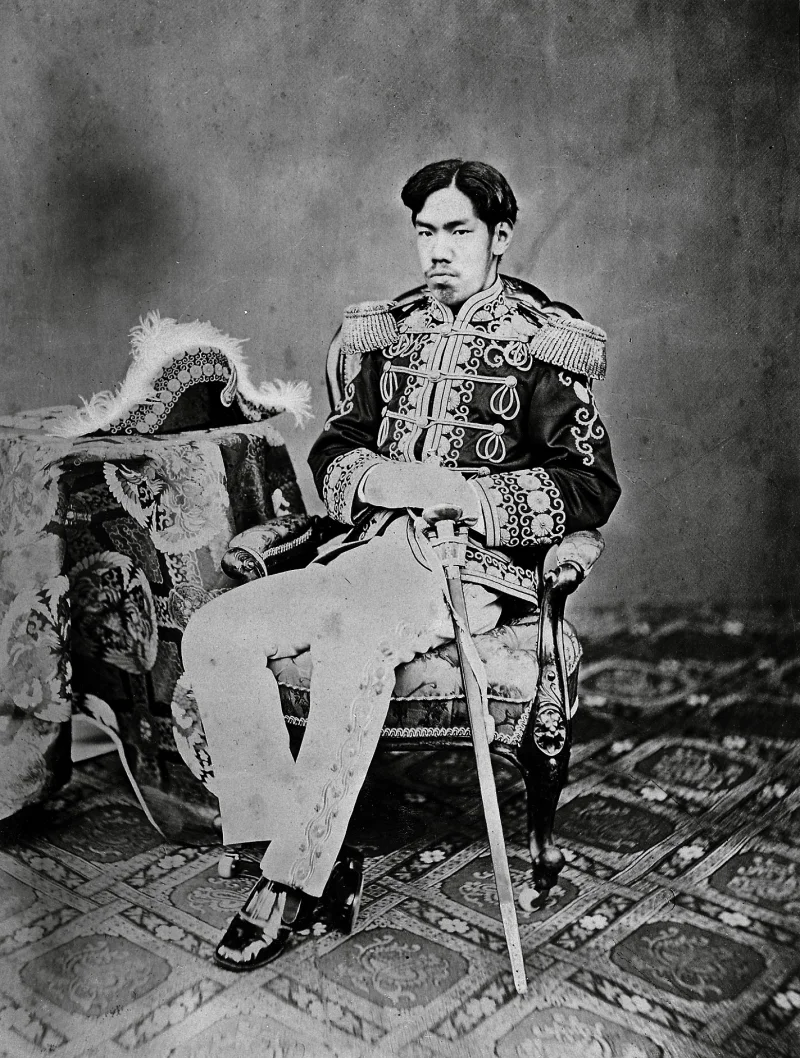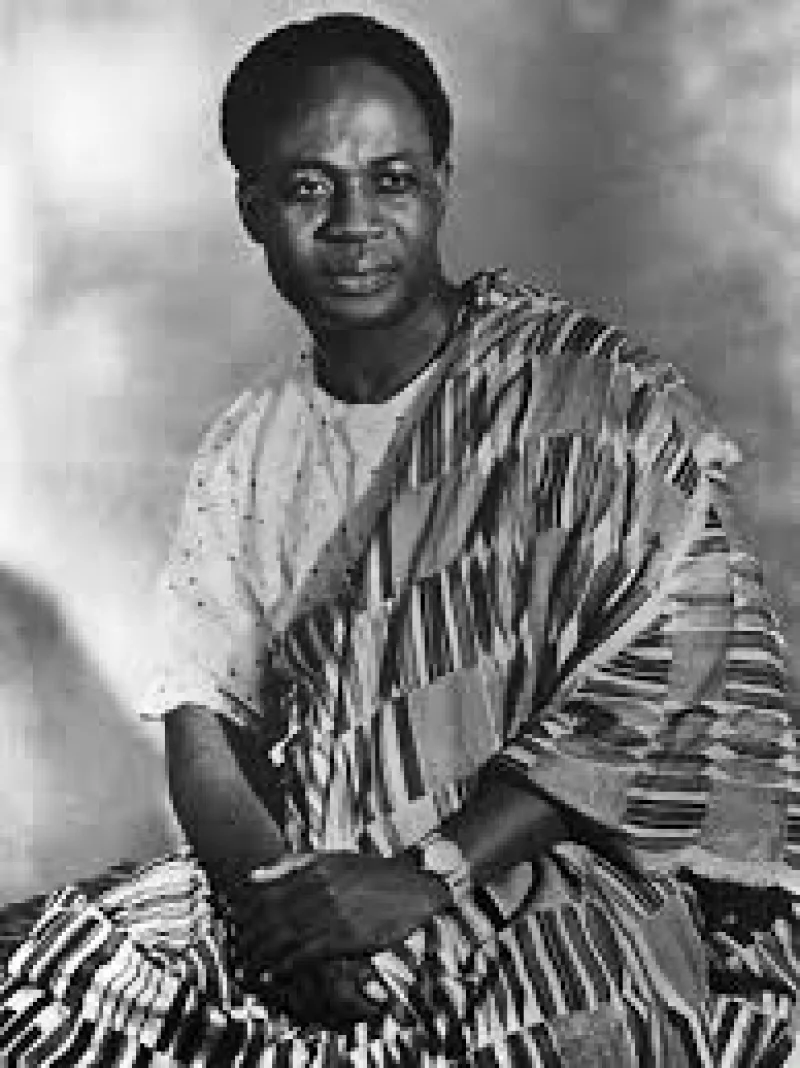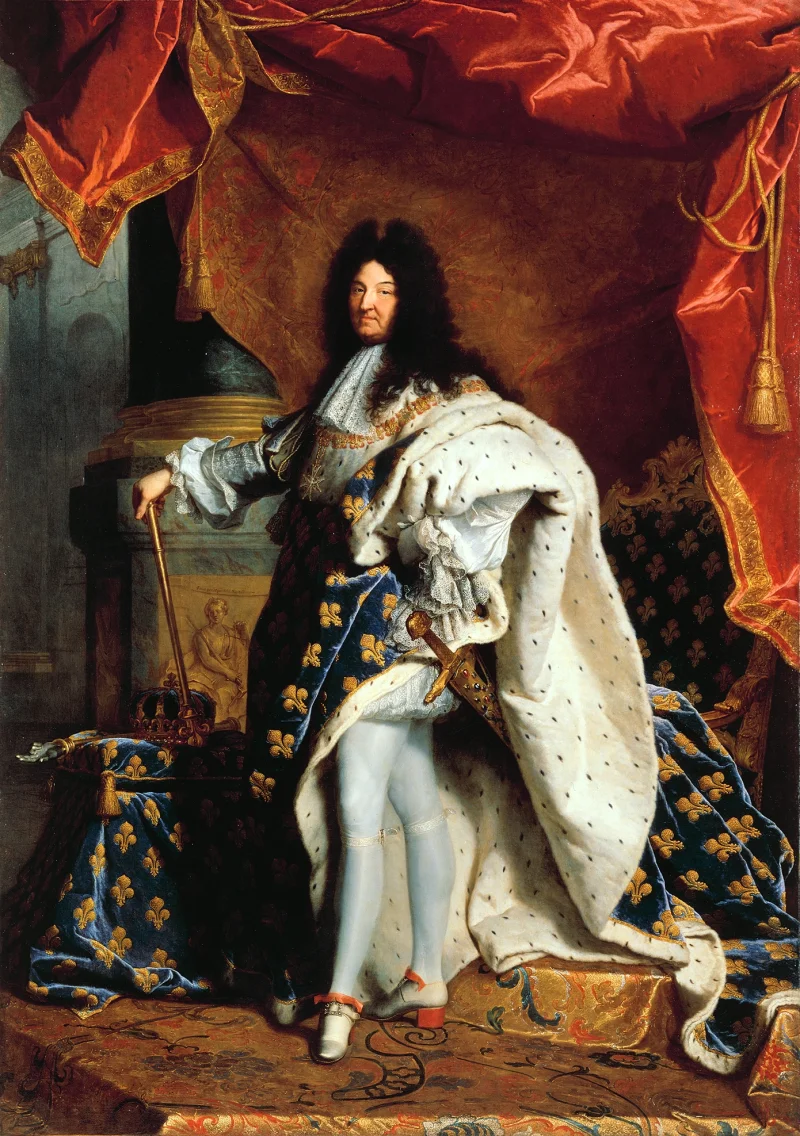Short Summary
Emperor Meiji was the 122nd emperor of Japan, reigning from 1867 to 1912. He is celebrated for his pivotal role in transforming Japan from an isolated feudal society into a modernized global power. His reign, known as the Meiji Era, saw significant political, economic, and social changes that laid the foundation for Japan's rapid industrialization and modernization. Emperor Meiji is remembered for his leadership during the Meiji Restoration, which restored imperial rule and initiated Japan's emergence as a significant player on the world stage.
Early Life & Education
Emperor Meiji was born on November 3, 1852, in Kyoto as Mutsuhito, the second son of Emperor Kōmei. As a member of the imperial family, he was raised in a traditional setting, with an education focusing on Confucian classics and Japanese literature. The early years of his life were marked by significant political upheaval, as Japan faced internal strife and external pressures to open its borders. These experiences influenced his later efforts to unify and modernize Japan during his reign. Upon his father's death in 1867, he ascended the throne at the young age of 14.
Career Highlights
Emperor Meiji's reign began in 1867, and it was marked by the Meiji Restoration, a series of events that consolidated imperial power and dismantled the shogunate system. Under his leadership, Japan underwent rapid industrialization, adopting Western technologies and institutions. The emperor played a symbolic role in uniting the country during this transformative period. The promulgation of the Meiji Constitution in 1889 established a constitutional monarchy and legal framework that supported modernization efforts. His reign also saw the successful victory in the First Sino-Japanese War and the Russo-Japanese War, asserting Japan's military prowess.
Major Achievements
- Oversaw the Meiji Restoration, which restored imperial rule and modernized Japan's political system.
- Promulgated the Meiji Constitution in 1889, establishing a constitutional monarchy.
- Led Japan through industrialization and modernization, adopting Western technologies.
- Guided Japan to victories in the First Sino-Japanese War (1894-1895) and the Russo-Japanese War (1904-1905).
- Expanded Japan's influence and established it as a major international power.
Famous Quotes
- "Knowledge shall be sought throughout the world so as to strengthen the foundations of imperial rule."
- "Let us grasp the true meaning of the Restoration and work together to build a new Japan."
Interesting Facts
- Emperor Meiji was the first Japanese emperor to have his portrait photographed.
- He was known for his poetry and wrote over 100,000 poems during his lifetime.
- The Meiji Shrine in Tokyo, dedicated to his memory, is one of Japan's most visited cultural sites.
- Under his reign, Japan adopted the Gregorian calendar in 1873.
- He was the longest-reigning Japanese emperor until surpassed by Emperor Hirohito.
Legacy / Influence
Emperor Meiji's influence on Japan was profound, as he played a crucial role in its transformation into a modernized nation. His reign set the stage for Japan's emergence as a world power, with a strengthened military, advanced industry, and a constitutional government. The Meiji Era remains a pivotal period in Japanese history, symbolizing progress and the embrace of modernization while maintaining cultural identity.
FAQ
Q: Why is Emperor Meiji famous?
A: He is famous for leading Japan's transformation from a feudal society to a modern industrialized nation during the Meiji Era.
Q: What was the Meiji Restoration?
A: The Meiji Restoration was a political revolution in 1868 that restored imperial rule to Japan and initiated a period of modernization and Westernization.
Q: How did Emperor Meiji contribute to Japan's modernization?
A: He supported the adoption of Western technologies and institutions, leading to rapid industrialization and modernization of Japan.










